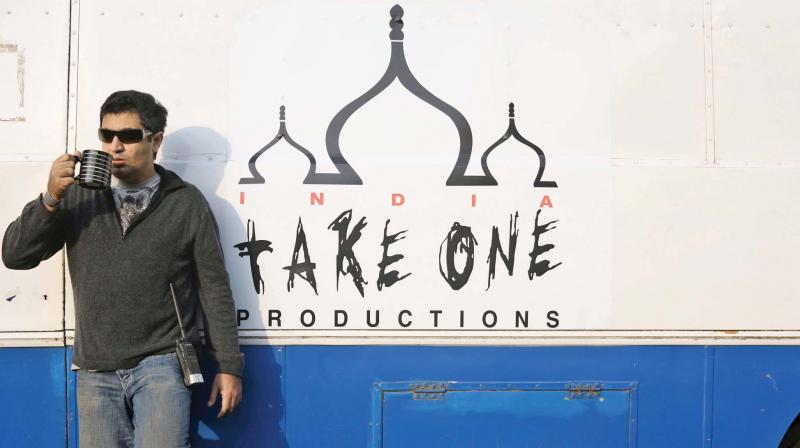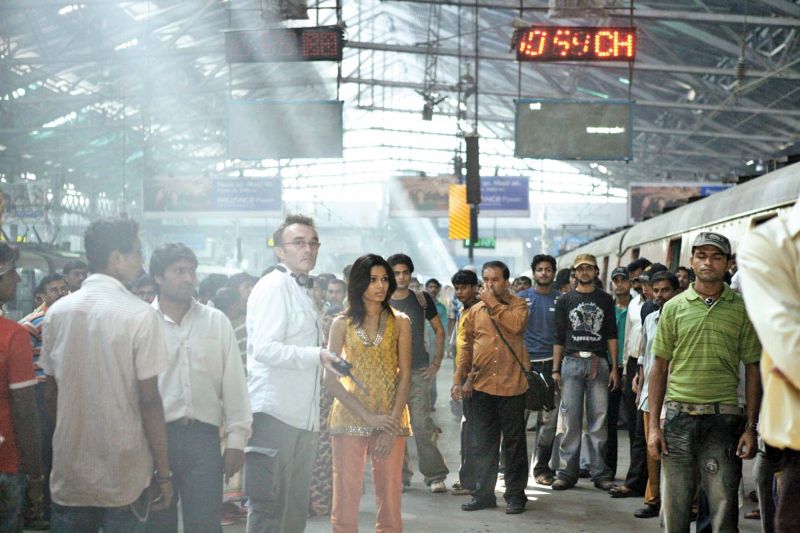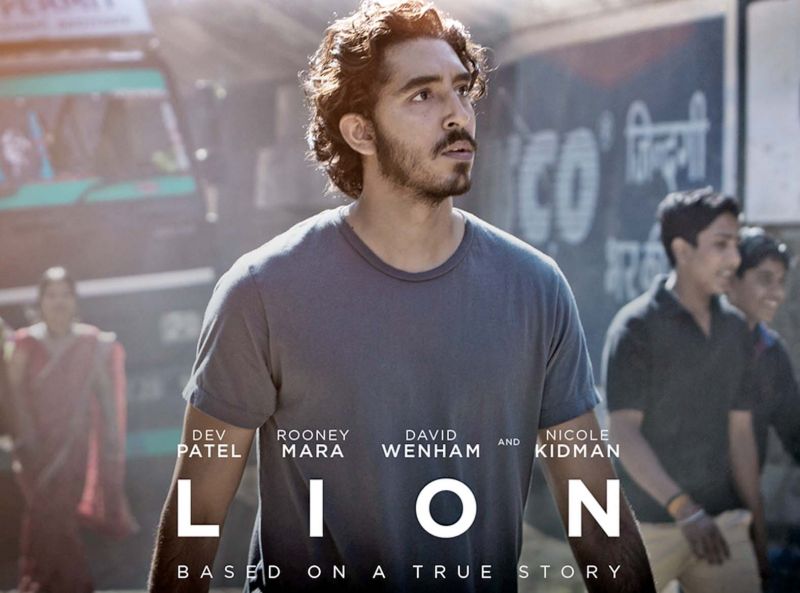Hollywood hotshot

He may not be sashaying across Hollywood red carpets like Priyanka Chopra or owning Oscar stages like A.R. Rahman, but a look at Tabrez Noorani’s extensive body of film work in the west — and it’s clear that this L.A-based trailblazer is on a true-blue blitzkreig across the Beverley Hills. After all, being the go-to man for any international director wanting to shoot in India surely deserves serious brownie points!
Tabrez has been an active brain behind the likes of massive international projects such as Lion, Slumdog Millionaire, Life of Pi, Mission: Impossible: Ghost Protocol, Zero Dark Thirty, Eat Pray Love, The Second Best Exotic Marigold Hotel, Million Dollar Arm and Life of Pi, to mention a few.
People failing to recognise Tabrez is also mainly due to his line of work — after all, apart from industry insiders, not too many among the general public are fully aware of what a line producer, co-producer or a consulting producer’s responsibilities are.
 Behind the scenes of Slumdog Millionaire
Behind the scenes of Slumdog Millionaire
In a candid chat with us, Tabrez, who was brought up in Mumbai and lives in Los Angeles now, sheds light on what it is like to be an Indian working in Hollywood, about his company India Take One Productions, and his upcoming directorial venture Love Sonia.. the cast of which will knock you out!
I used to be a child actor and did a few commercials, but I understood that it wasn’t my cup of tea. So I slowly started getting involved in projects which my uncle Zafar Hai (a filmmaker) did. I was a PA for his film The Perfect Murder (an English language Indian film). I knew then that this would be my profession,” starts Tabrez.
He later flew to the US and did film studies at Loyola Marymount University in Los Angeles and eventually started his company India Take One Productions, along with his partner Deepak Nayyar.
Expanding upon what exactly his company does, Tabrez says, “For directors who want to shoot a segment of their film in India, we make sure that they have a seamless experience here — this primarily is the concept of our company.” Further, he also explains the duties and responsibilities of a line producer — “He or she (who is a line producer) is someone who is essentially in charge of organising things for the producer. A line producer also ensures that a particular segment or scene is completed within the suggested budget and schedule.”
When asked if he expected Slumdog Millionaire, for which he served as a line producer, to turn out to be such a huge hit, he asserts, “Honestly, when I and my partner flew to London to meet director Danny Boyle and the film’s producer, we knew that it would be a great project — but never expected it to be such a phenomenon.”
Speaking about his fond memories with legendary director Danny Boyle, Tabrez shares, “He is a perfectionist and keeps pushing until he gets completely satisfied — even if it meant retaking a shot which would have been done a while back!”
Love Sonia, which stars an ensemble cast including Mrunal Thakur, Rajkummar Rao, Freida Pinto, Richa Chadha, Manoj Bajpai, Demi Moore and Mark Duplass, will be Tabrez’s upcoming directorial venture. He states that the movie, which deals with sex trafficking is based on true incidents — “This project is very close to my heart. David Womark, who produced Life of Pi, is bankrolling this.”
Having come a long way, is this a conscious decision to maintain a low profile, we ask. “Obviously! Our profession is something that happens behind the scenes, and I think our projects should speak for us.”
He also feels that this is probably the best phase for Indians and Indian films as they have made a great impact internationally. “Right now, India is on everyone’s mind. From the scale in which we produce films to production value, we are doing exceptional work. I guess we are in a great space now,” he muses.
As the conversation veers towards the conclusion, Tabrez gives a bit of advice for young Indian aspirants who wish to make international projects. “Make as many films as possible — be it a documentary or student film or even a project for your institution, try out everything. Take those films to festivals and also make a very good network –— this is the most crucial thing,” he says and signs off.



